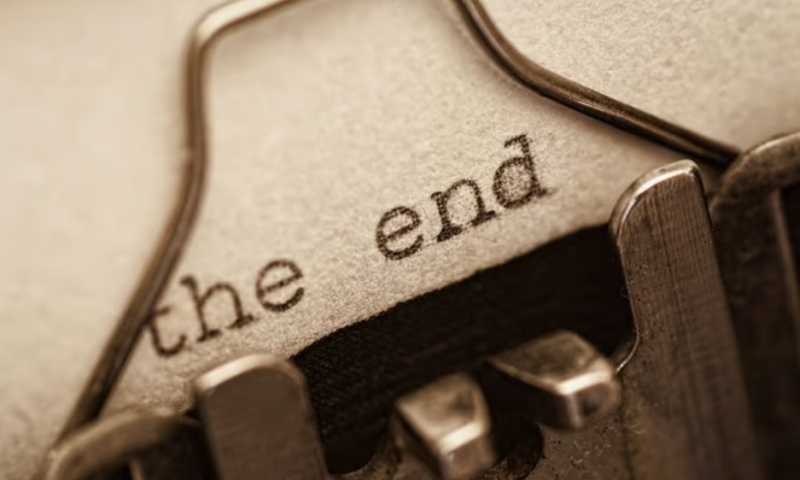AbbVie is discontinuing all work in cystic fibrosis after a phase 2 flop, while also scrapping another phase 2 program in immunology.
After analyzing data from a proof-of-concept study of the triple combination cystic fibrosis therapy, AbbVie decided that the interim results “did not meet our criteria” to continue development, Thomas Hudson, M.D., AbbVie’s SVP of R&D and chief scientific officer said on a quarter one earnings call today.
The triplet program—a combination of one potentiator and two corrector molecules targeting the cystic fibrosis transmembrane regulator—“just did not work,” according to Hudson.
“This was not our first attempt at producing one and we do not have another backup, so we don’t have another option other than to discontinue this program,” the CSO said about the cystic fibrosis program.
It’s déjà vu for the Big Pharma. Last spring, AbbVie discontinued cystic fibrosis medicine ABBV-119 after an interim analysis revealed that the therapy did nothing when added to a two-drug regimen of AbbVie’s C1 corrector and potentiator therapies. The discarded asset was a C2 corrector that had been licensed from Galapagos back in 2018. An interim analysis of a phase 2 trial didn’t meet AbbVie’s prespecified criteria to move the study forward, Hudson said at the time.
The Chicago-based pharma ditched the Galapagos asset, but continued with its combo—that is, until now. The tossed program has put the pharma’s ongoing efforts to compete with Vertex’s Trikafta to rest.
AbbVie also announced that it is scrapping ABBV-154, an antibody drug conjugate that was being studied in polymyalgia rheumatica and Crohn’s disease. The investigational immunology treatment, once thought of as a potential Humira successor, has been axed due to its risk profile.
While the company reported efficacy results for the ADC, some changes in biomarkers consistent with systemic steroid exposure at higher doses were also observed, according to Hudson.
“The benefit risk does not sufficiently differentiate 154 from other available treatments,” Hudson said.
AbbVie continually clocks in with one of the lowest R&D budgets in Big Pharma. Long-time CEO Richard Gonzalez said the company continues to look to biotech for potential pipeline opportunities. Valuations for good assets are “pretty high,” though, he said.
“I’d say the interest level in that engagement is similar to what has been for the last 12 to 24 months,” Gonzalez said, adding that an asset must show significant value to justify that kind of valuation in return.
The leader also mentioned a potential search for his successor—one of the first times Gonzalez has publicly confirmed a potential transition in the near-decade since he took the helm of the company. The CEO said the idea of a successor has been discussed with the board, but he wants the company to get through its Humira erosion phase, noting that no leadership switch-up would be occurring in 2023.
Since closing at $161.80 per share yesterday, AbbVie’s stock has sunk 8.7%, hitting $147.59 as of 11 a.m. ET today.

